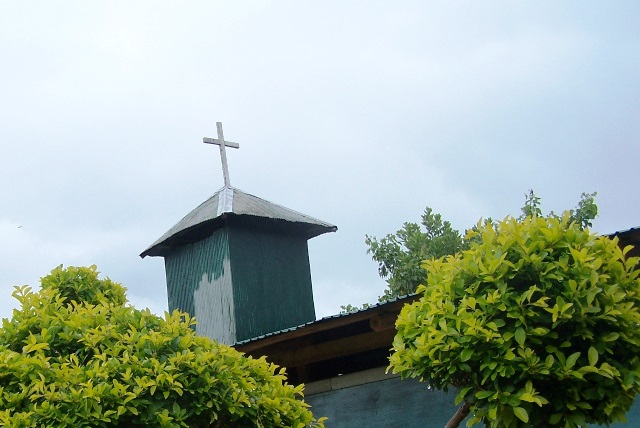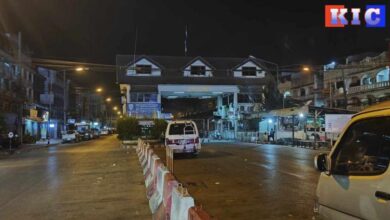UN Experts Join International Condemnation of Burma’s Proposed Religion Laws

A team of UN experts has added their weight to growing calls for Burma’s government to scrap proposed contentious legislation that would restrict religious freedoms.
In a joint statement released Friday, 20th June, the UN experts – on freedom of religion, minority issues and human rights in Burma – maintained that the draft bill made religious conversion more difficult and that sanctions on offenders of the law were “disproportionate.”
The UN experts warned that the laws were “vague and subject to interpretation that may lead to discrimination against religious and ethnic minorities or the poor,” adding, “This process appears partial to the interest of one particular group and simply propagates the spread of incitement of racial and religious hatred, which the Government must do more to address.”
Rita Izsák, the UN Special Rapporteur on minority issues, warned that the laws threatened minority rights.
“I urge Myanmar [Burma] to strengthen its protections in line with international standards not to create obstacles to the enjoyment of religious identity, minority rights, and the right of every individual to freely choose or to change their faith,” she said.
The inter-faith marriage law and the religion conversion law place restrictions on a citizens’ right to convert outside of their religion or to marry someone who is not of the same faith.
Burma’s President, U Thein Sein and the speaker of the national assembly, U Thura Shwe Mann, have already endorsed the draft laws and instructed government ministries to ratify them following a process of ‘public consideration’ before presenting the legislation to parliament.
Heiner Bielefeldt, the UN Special Rapporteur on freedom of religion or belief, said that the government had no place interfering with someone’s private religious affairs and that laws which did so were “illegitimate and incompatible with international human rights standards.”
“Freedom of religion or belief is a human right, irrespective of State approval, and respect for freedom of religion or belief does not depend on administrative registration procedures.”
The UN Special Rapporteur on the situation of human rights in Burma, Yanghee Lee, said he was worried that Burma was now “backtracking” on human rights and democratic values, citing the arbitrary arrest of journalists and activists “deemed anti-establishment” in recent months.
“[The laws] signal the risk of Myanmar [Burma] going off-track on its path to being a responsible member of the international community that respects and protects human rights.”
The independent experts, who are not UN staff and not paid for their work, are appointed by the UN Human Rights Council to report back on a specific country or human rights theme.




